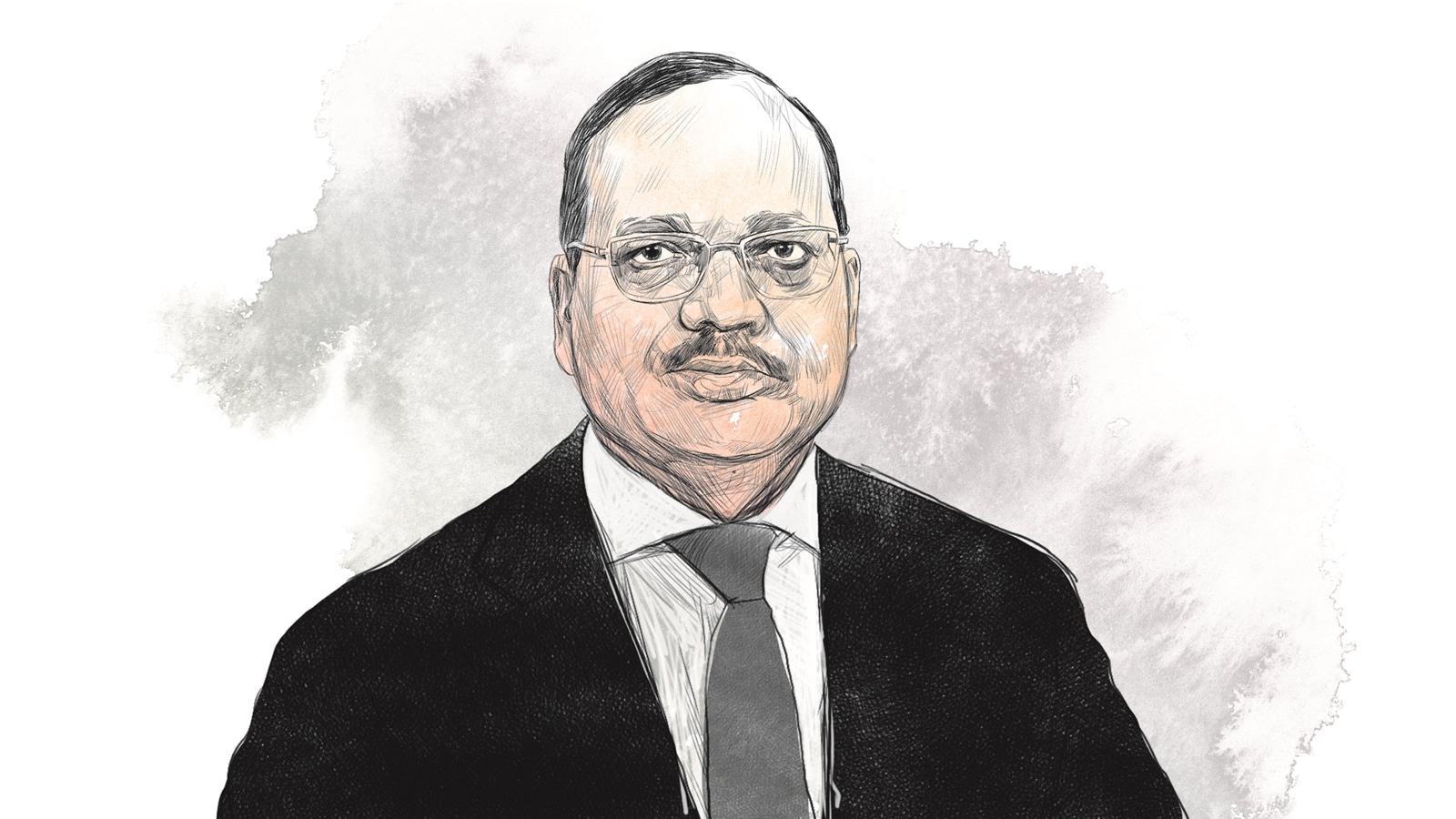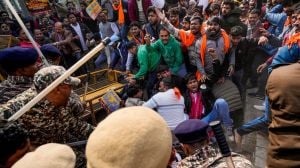Supreme Court key cases: Justice Surya Kant is set to take oath as the 53rd Chief Justice of India on November 24 with the retirement of incumbent CJI B R Gavai and would remain in office till February 9, 2027.
Notably, Justice Kant’s tenure will be relatively long, offering his bench an extended opportunity to adjudicate several high-profile constitutional and social cases.

As a judge of the top court, he has contributed to several significant decisions, and his tenure will see him navigating a broad spectrum of critical issues spanning constitutional law, cyber law, criminal justice, and electoral integrity.
Here are some of the key cases before him.
SIR
A bench headed by Justice Kant on November 21 issued notice on the Kerala government’s plea to postpone the Special Intensive Revision (SIR) of electoral rolls. The state has sought deferment of the exercise, which is currently underway, till the end of the local body polls that are due next month. The matter will be heard by the bench of the new CJI on November 26.
In July, in the case of SIR in Bihar, his bench had said the Election Commission could continue to consider Aadhaar and voter cards for the enumeration, and told the petitioners that the Court can always step in and strike it down if there is any illegality.
Talaq-e-Hasan
On November 19, while hearing a PIL filed by journalist Benazeer Heena challenging the constitutional validity of Talaq-e-Hasan, a form of divorce practiced within a section of the Muslim community, a three bench headed by Justice Kant observed that the matter may warrant reference to a five-judge Constitution bench.
Story continues below this ad
The three judge bench directed the parties to submit a brief note outlining the substantial questions of law likely to arise in the case. Justice Kant said that upon receipt of the note, the court would consider the desirability of referring the matter to a Constitution bench.
“Give us broadly the questions that may arise. Thereafter, we will examine whether those are predominantly legal in nature and require adjudication by a larger bench,” the bench said and posted the matter on November 26.
Builder-bank nexus probe
The three-judge bench headed by Justice Kant in September gave a go-ahead to the CBI to register six more cases – in addition to the 22 already registered – over the alleged collusion between financial institutions and real estate developers to dupe homebuyers.
The order came on a batch of petitions filed by over 1,200 homebuyers, who booked flats under subvention plans in various housing projects in NCR, especially Noida, Greater Noida and Gurugram.
Story continues below this ad
They had alleged that they were being forced by banks to pay EMIs though they have still not been granted possession of their flats by the builders. Now, the matter is before the highest court and currently the CBI probe is underway, which covers the projects from the NCR to Mumbai, Bengaluru, Kolkata, Mohali, and Allahabad.
Social Media Content Regulation
Justice Kant’s bench will also hear the matter related to regulating social media content. The bench is hearing a petition against stand-up comedian Samay Raina over alleged insensitive jokes about persons with disabilities. The case involving Raina and others had arisen close on the heels of the controversy allegedly involving YouTuber Ranveer Allahbadia over certain objectionable remarks during India’s Got Latent show.
While protecting famous YouTuber Ranveer Allahbadia, Justice Kant said the words he chose would make “parents feel ashamed” aside from the “entire society” and called it “pervert mind and the perversion” that he and his “henchmen” had exhibited. Allahbadia’s remarks came on the show of another YouTuber and comic Samay Raina titled ‘India’s Got Latent’. Allahabadia and other influencers were booked by the police in connection with an episode on the show.
In August, the highest court directed the centre to place on record draft guidelines aimed at regulating social media content.
Non-pronouncement of judgments by high courts
Story continues below this ad
During the previous hearing in the month of August, upon the petition filed by four convicts who complained that the Jharkhand High Court had not pronounced verdicts on their criminal appeals for two to three years after reserving judgement, the Supreme Court sought information from other high courts as well.
“Just get rid of these cases. People need judgments, they are not concerned about jurisprudence or something else. Give a reasoned order on whether relief is denied or allowed,” said Justice Kant. The cases of non-pronouncement of judgments by High Courts across the country will also be one of the matters before the new CJI.
Rohingya refugees and illegal immigrants
In July, a three-judge bench headed by Justice Kant agreed to hear cases related to Rohingyas as to whether they are “refugees” or illegal “immigrants”, and whether they can be detained indefinitely in India.
The apex court was hearing a batch of petitions on the deportation and living conditions of Rohingya refugees in the country. However, the court did not fix any particular date to hear this issue, in the given scenario the question of “Refugees” or “Illegal Immigrants” is also likely to come before the CJI Kant.
Digital scams
Story continues below this ad
By taking suo motu cognisance of a complaint by a senior citizen couple from Ambala, who alleged that they were defrauded of around Rs 1 crore by “digital arrest” fraudsters who threatened them with forged “orders” of the Supreme Court, Bombay High Court and Enforcement Directorate, Supreme Court handed over all investigations in such cases to the CBI.
On October 27, Justice Kant’s bench issued notice to all states and union territories on digital arrest cases, seeking details of FIRs registered in their jurisdictions, as it took note of the growing number of such cybercrimes across the country.
Sedition
In May, 2022, a bench comprising Justice Kant put in abeyance all sedition cases pending before courts across the country till the government re-examined and re-considered the provisions of Section 124A (sedition) of the Indian Penal Code. Now, the constitutional validity of the sedition law is under government review. The matter will go before the new CJI when it comes up for hearing.
Starting his practice in Hisar in 1985, Justice Kant was appointed a permanent judge of the Punjab and Haryana High Court on January 9, 2004. He became the Chief Justice of the Himachal Pradesh High Court on October 5, 2018, and was elevated to the Supreme Court on May 24, 2019.

































